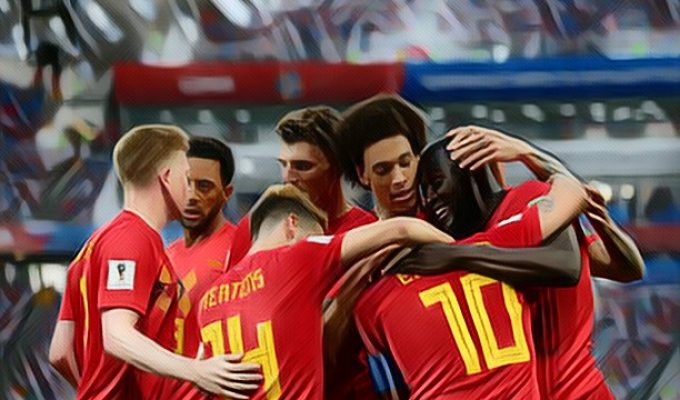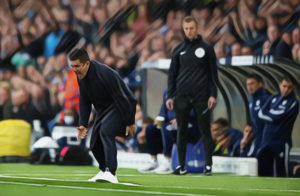Defeat to Italy in the quarter-finals of Euro 2020 marked a third successive disappointing exit at a major tournament for Belgium’s so-called golden generation.
It has also raised questions about whether we have seen the best of this generation of Belgian players. With their Euros squad having an average age of a little over 28, only one central defender being below the age of thirty, and only one teenager included, their golden generation is seemingly in the final stages of its cycle.
Have they been a success?
Their record at major tournaments is mixed.
While disappointing, the defeat to Italy should not be regarded as a failure. The eventual winners, Italy are unbeaten in 34 games, their longest such record and only one game behind the all-time international record of 35 games, set first by Brazil between 1993 and 1996 and later by Spain between 2007 and 2009.
This record, coupled with their performances during the group-stage of this year’s tournament, meant many were tipping them as favourites against the Red Devils and favourites for the whole competition.
The 2018 World Cup in Russia was a success. A magnificent victory against Brazil secured Belgium only their second ever World Cup semi-final. While it was disappointing to lose at that stage, they again lost to the eventual-winners in France, a team that possessed even more quality than their own.
Moreover, by beating England in the third-place play-off, they also secured their best ever finish at a World Cup. This led them to receive a heroes welcome upon returning home, with their fans clearly regarding the tournament as a success.
The 2016 European Championship was the low point of this generation of players, however. Reaching the quarter-final after a comfortable victory against Hungary, they were expected to see-off Wales in a similar fashion. Yet they were outplayed and out-thought, crashing out of the tournament following a chastening 3-1 defeat, a result which cost then manager Marc Wilmots his job.
For as good as Wales were that night, the gulf in quality between the respective squads was enormous. Compare, for example, Welsh forward Hal Robson-Kanu, without a club after running down his contract with Championship side Reading, with Romelu Lukaku, a striker who had come off a season where he had finished fourth in the race for the golden boot, scoring 18 Premier League goals for Everton.
Such performances at major tournaments therefore indicate the golden generation’s mixed record when it matters most.
Elsewhere, there have been successes. They qualified for the 2021 Nations League finals, due to take place in October, topping a group that contained England and Denmark.
Most impressive, they have been the no. 1 ranked international men’s team since September 2018, being the smallest country by population to reach the top of the tree. Whatever you think about the ranking system, that is an impressive feat.
What does the future hold?
Qatar 2022 represents the last realistic chance for this generation of players to win a major tournament. Providing key players Eden Hazard and Kevin de Bruyne come into the tournament fully fit, something that did not happen at this year’s Euros, they will be among the favourites for the competition.
Beyond that, Euro 2020 has provided a surprisingly positive glimpse into the future.
Youri Tielemans is developing into a brilliant footballer year-on-year, shouldering more responsibility for both Leicester and Belgium in the process. At 24, he should be a key figure for the next three world cups at least.
The only teenager in the squad, Jeremy Doku was Belgium’s main threat against Italy. Winning the penalty which got Belgium back into the game, and almost scoring a goal of the tournament contender after cutting inside and beating three defenders, the Azzurri were doubling up on the Rennes forward by the end of the night.
Finally, a BBC documentary released before the start of the tournament revealed the depth with which manager Roberto Martinez and his staff have planned for the future of Belgian football.
Titled Project 2026, in line with that year’s world cup, the aim is to involve as many Belgian footballers born between 1997 and 2008 and playing for their clubs in the top European divisions in the senior national team set up as possible.
As Martinez put it himself, the work was being planned “as if we would be employed for the next 200 years,” emphasising the ability to recycle and re-use the plans in place beyond Martinez’s reign and for all future tournaments.
Thus, while Belgium’s golden generation is reaching the end of its cycle, and while it will be extremely difficult to replicate the individual talent it contains, the future looks somewhat brighter than expected.






